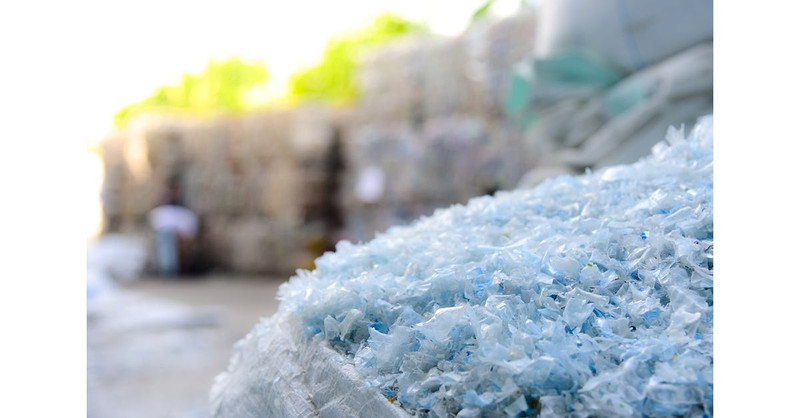Posted by Mike Cunningham on Jan 9th 2024
What Is Post-Consumer Waste and why it is Important
Post-consumer waste. It is a term you may have heard used, but do you know what it means?
Is it waste from households? Is it waste from industries? How should you dispose of it? What is its environmental impact? Waste, when not properly disposed of, can be extremely harmful to the environment.
What is Post-Consumer Waste?
Post-consumer waste (PCW) is waste that is left over after it has served its original purpose as a consumer item, such as polyethylene used for food or product packaging. The large amount of household waste produced daily from food, drinks and product packaging is post-consumer waste and, if not dealt with properly, could cause major damage to the environment.
Post-consumer waste is either recycled, sent to landfill, or incinerated, with the latter two being very harmful to the planet. This is due to the harmful gases and toxins that are released into the atmosphere when PCW is disposed of via these processes. Hence why recycling PCW packaging, including PCW polyethylene and packaging, is vital.
What is Pre-Consumer Waste?
Pre-consumer waste is waste that is generated by manufacturers and industries, prior to it reaching the consumer. This can include discarded trimmings and faulty, defective items, including polyethylene discarded at an early stage of a manufacturing process, through to packaging used during transportation such as pallet wrap. It can also include general waste generated by restaurants, shops, and factories (as opposed to post-consumer waste which is household waste).
Due to the larger scale of pre-consumer waste, it needs to be discarded properly, such as in dumpsters or special collection bins, however a lot of it is not recovered, with it ending up in landfill or being incinerated, leading to the same environmental issues as post-consumer waste.
As well as recycling, pre-consumer waste can also be saved from this fate through its reintroduction into the manufacturing process. That is, being reused by the manufacturer for some other purpose, or being manipulated in some other way for reuse in the process.
What is Post-Consumer Recycled (PCR) Plastics?
Post-consumer recycled (PCR) plastic is material that has been produced from post-consumer waste polyethylene.
The PCW polyethene is recovered and melted down, ground up or shredded to produce small plastic pellets. These pellets can be molded into new items or turned into plastic film.
Post-consumer recycled plastics are the plastic products created from this recycled post-consumer waste polyethylene.
PCR packaging helps reduce the impact of post-consumer waste on the environment, reducing the amount of PCW in landfill, plus it reduces the amount of new plastic required to be produced to meet demand.
How to do Your Part? At Quick Pak Inc we are enthusiastic about doing our small part for the environment, and we have expert knowledge around what eco-friendly packaging options are available and can provide advice on how you can improve your packaging to reduce your environmental impact.
Call us today at 813 242 6995 or sales@quickpakinc.com to discuss the different alternatives available to you.

